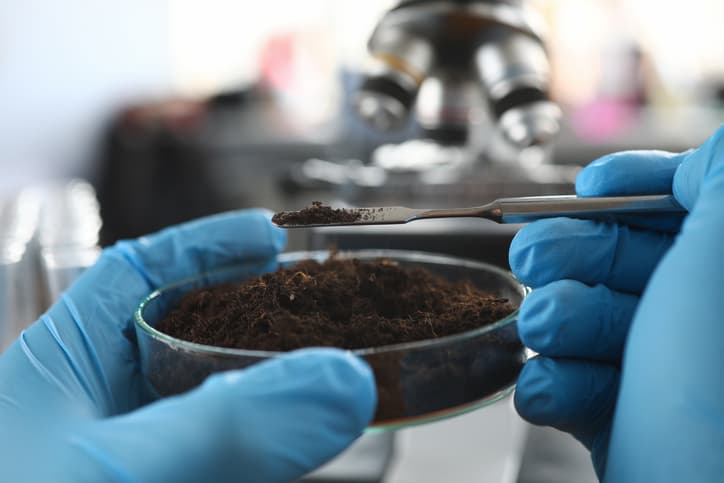A soil scientist conducts research and experiments to investigate the health of soil. Their research is critical for growers to understand the characteristics and types of soil on their property so they can appropriately adjust their inputs and management practices. Soil scientists split their time between the laboratory and the field, working with growers, agronomists, and scientists.
Tasks
- evaluating habitat, wildlife and fisheries needs, and formulating short and long-term management goals and objectives
- enforcing laws and regulations to conserve and protect fish and wildlife
- carrying out environmental impact assessments for a wide range of development projects
- proposing solutions to address negative environmental impact
- studying the effects of factors, such as terrain, altitude, climatic and environmental change, sources of nutrition, predators and the impacts of humans, on animal and plant life
- studying and analysing pollution, atmospheric conditions, demographic characteristics, ecology, mineral, soil and water samples
- developing conservation and management policies for biological resources, such as fish populations and forests, and establishing standards and developing approaches for the control of pollution and the rehabilitation of areas disturbed by activities such as mining, timber felling and overgrazing
- implementing policies and organising activities in designated parks and other areas to conserve and protect natural and cultural heritage
- participating in management planning by providing environmental information and making inventories of plants, animals and items of cultural and heritage significance
Study Pathways:
- AHC51120 – Diploma of Conservation and Ecosystem Management
- AHC60415 – Advanced Diploma of Conservation and Land Management
Soft Skills:
- Decision making
- Time management
- Critical thinking
- Problem solving
A Bachelor Degree or higher is usually required. Around three quarters of workers have a university degree. Sometimes relevant experience or on-the-job training is also needed.
Tertiary Education Providers
NSW
- Charles Sturt University
- University of New England
- The University of Sydney
- Western Sydney University
- Macquarie University
- Southern Cross University
- University of New South Wales
- University of Newcastle
- University of Technology Sydney
- University of Wollongong
- Avondale College of Higher Education
Victoria
- Australian Catholic University
- Swinburne University of Technology
- RMIT University
- Deakin University
- Monash University
- Victoria University
- Federation University
- University of Divinity
- La Trobe
- The University of Melbourne
- Eastern College
South Australia
- Flinders University
- The University of South Australia
- The University of Adelaide
- Torrens University
- Tabor College of Higher Education
Western Australia
- Curtin University
- The University of Western Australia
- Edith Cowan University
- Murdoch University
- The University of Notre Dame
Tasmania
Queensland
- James Cook University
- The University of Queensland
- Bond University
- The University of Southern Queensland
- Griffith University
- CQUniversity
- The University of the Sunshine Coast
- Queensland University of Technology
Australian Capital Territory
Northern Territory









